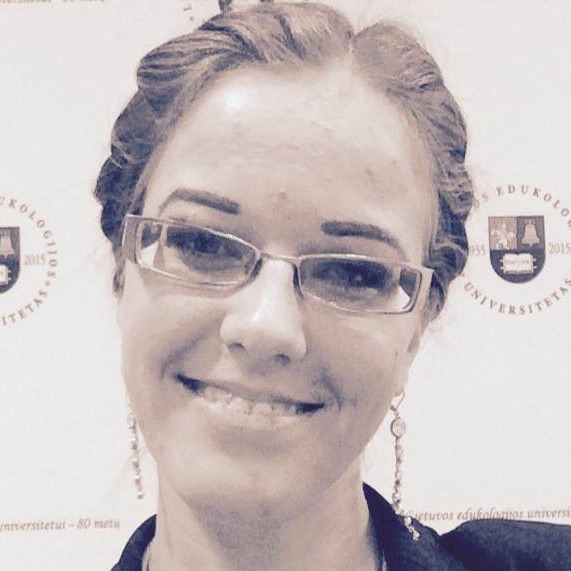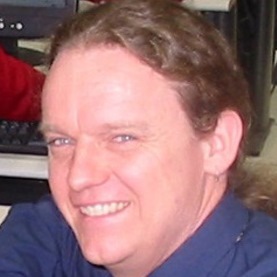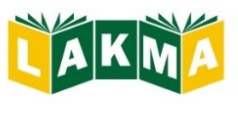
Austėja Maskoliūnaitė interviews Keith Kelly

First of all, I would like to ask you about your education. What and where did you study?
Well, my undergraduate degree is in French and Russian and I studied in Liverpool and then I did a teaching degree in Bristol University and then I did a Master degree in Manchester University. That’s my education background.
You work in a lot of important organizations, groups, teams all around the world. What is the key to your success?
This is a very good question. What’s the key to success? Well, success is a very relative idea, isn’t it? You know, I’ve just published a book with the Oxford University Press, that’s an example of some success, and that has taken a long time. So, maybe the key to that success is perseverance – keeping true to your principles and talking about them long enough for somebody to want to publish that. Another aspect of my success, I think, is my Anglia school. I created a school and a secret there, I think, is that I use CLIL as a methodology in my school for teaching English and nobody else does that. So I think the secret there is seeing the opportunity for that and it is very successful, very popular in my hometown in Bulgaria. And we’ve got a hundred and fifty kids in our school so that’s very good.
Let’s talk more about CLIL. When and how did you decide to use CLIL in your teaching?
Well, I went to Bulgaria as a volunteer English teacher. I started teaching in school teaching pure English. I was introduced to a science programme called Science Across the World by my manager and he said ”you might find this interesting” and he sent me to this conference. And Iwas really embarrassed about the idea of doing science projects in my English lessons with this programme. And I started working with them, I started writing about them. I was doing workshops in science across the world, so that was really the time, perhaps, in the early 1990s when I recognized the science would be very useful in teaching English and I never look back really.
As far as I understand you specialize in geography, history and sciences in your English classes?
Yeah, art, music, maths as well.
All curriculum subjects?
Yeah, yeah, in fact, with the youngest children in my school we use a lot of craft activities like make paper. For example, we recycle things and they make objects with recycled materials. We sell all they make. We make money for a charity. So the children are actually using their projects to make money for charity organizations. So that focus allows us to do maths and science and arts in the English language.
As you’ve already said, your latest project is the opening of a new CLIL school for children aged 2 to 9. I was really surprised that you teach such young kids. They have just probably learnt how to walk. Please, tell more about it. Could you tell me about the methods you employ to teach them?
Well, if you’re working with a child who is two years old, and you want him to learn another language, the only thing you have to do with him is to offer him a very secure environment, a very rich language environment, and also, fun educational things to do. And my teachers are Bulgarians, most of them, so they all speak Bulgarian anyway. What they create in the classroom for these very young children is an environment when they “go to the toilet in English”, they “have their snacks in English”, they“do their shoes and coats in English”. The reason is that these children learn everything very quickly. They may not be able to speak in English but they understand everything very quickly. And then they begin to pick up language on their own through songs, through games, and also from constructions their teachers use.
Could you share the most interesting experience in your teaching practice?
With these children every day something happens. The most wonderful thing is when these very very young children produce some language which they have not been taught. And that happens a lot. All of these children make up the language themselves because they were given such a rich input in the same way they do this in their mother tongue. And if they come my school, they become bilingual very quickly. So that’s the amazing thing every day to see the development of these children.
And what was the most embarrassing moment in your teaching practice?
What the most embarrassing, really, is when parents don’t understand when they come with a belief how we should teach languages. Usually because that’s the way they learnt a language. And I have to tell them “no, no, it’s not how we do it”. And frequently, they ask me a question: ”How many words did my son learn today?”, and I have to sit down with them and explain, that we learn many many words but we don’t learn vocabulary lists. The children learn many words by doing activities and crafts.
And the last question. What is your experience of the conference you have just attended?
You have to really realize that this is a benchmark conference because it is a conference for English teachers but the programme is entirely CLIL. So it is one of the kind of unique conferences for that reason that all of these English teachers come together to talk about integrated content in English classroom. And that’s the marvellous thing because teachers talk about CLIL. In my experience, this is the first entirely CLIL-based programme for language teachers.
Is this your first visit in Lithuania?
I’ve been to Lithuania lots of times. I’ve probably been here about ten times over the last ten years.
How do you find the country?
I love Lithuania very much! And I have a lot of emotional connection with the country and teachers and the schools I’ve visited here. We wrote a book here with Lithuanian teachers, and that’s why I have a lot of memories about this country. Unfortunately, I don’t know your language very well.
